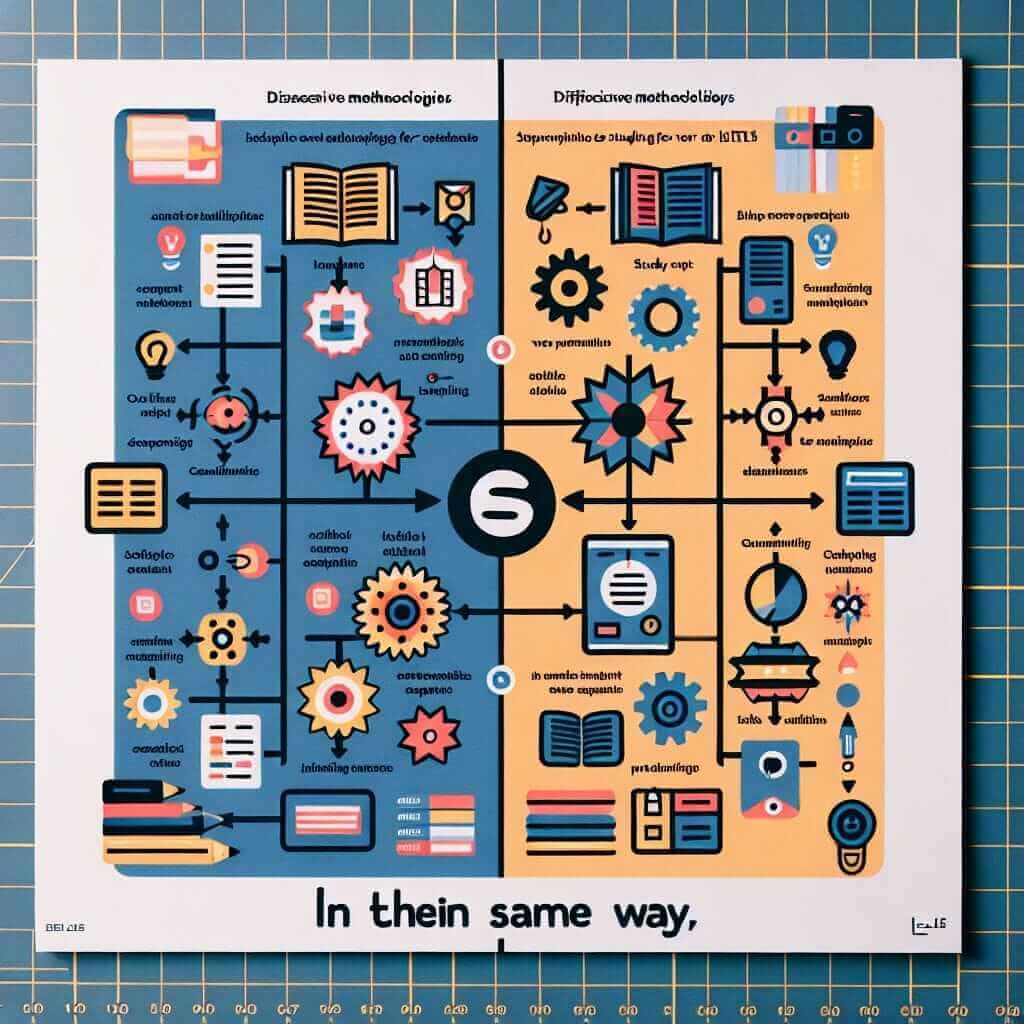The IELTS Writing Task 2 requires you to write an essay in response to a given opinion, problem, or issue. Understanding the different types of essay questions is crucial for achieving a high score in this section. This comprehensive guide will delve into the common IELTS Writing Task 2 essay types, provide examples, and equip you with the knowledge and strategies to excel in your IELTS Writing exam.
Understanding IELTS Writing Task 2 Essay Types
There are several types of essays you might encounter in the IELTS Writing Task 2. While the instructions and wording may vary, recognizing the underlying essay type can help you formulate your response effectively. Let’s explore some of the most common IELTS Writing Task 2 essay types:
1. Opinion Essays (Agree or Disagree)
These essays present a viewpoint and ask you to agree or disagree. You need to provide reasons and examples to support your stance.
Example:
“Some people believe that the government should spend money on public transportation, while others think it should be spent on improving roads. Discuss both views and give your opinion.”
2. Discussion Essays (Discuss Both Views)
Discussion essays require you to examine both sides of an argument and present a balanced analysis. You must discuss each side’s merits and drawbacks and may also be asked to provide your own opinion.
Example:
“Some people argue that the benefits of tourism outweigh its drawbacks. Others, however, claim that it does more harm than good. Discuss both these views and give your own opinion.”
3. Advantages and Disadvantages Essays
This essay type requires you to analyze the advantages and disadvantages of a particular trend, issue, or situation.
Example:
“In some countries, the average weight of people is increasing and their levels of health and fitness are decreasing. What are the causes of these problems and what measures could be taken to solve them?”
4. Problem and Solution Essays
These essays present a problem and ask you to propose solutions. You need to clearly explain the problem, discuss its causes and effects, and offer viable solutions.
Example:
“The increasing use of private cars is a major problem in many cities. What are the causes of this and what solutions can you suggest?”
5. Two-Part Questions Essays
These essays pose two distinct questions related to a central theme. You must address both questions comprehensively.
Example:
“Many people believe that zoos have no place in the 21st century. What are the arguments for and against keeping animals in zoos? What is your opinion?”
Illustrative Examples and Analysis
Let’s delve into some specific examples and analyze how to approach each type of essay:
Opinion Essay:
Question: “Some people believe that space exploration is a waste of money. To what extent do you agree or disagree?”
Analysis: This is a classic agree/disagree essay. You need to choose a side and provide strong reasons and evidence.
Possible Arguments (Agree):
- Limited resources are better spent on pressing issues like poverty and climate change.
- Space exploration yields few tangible benefits for most people.
Possible Arguments (Disagree):
- Space exploration drives technological innovation with applications in various fields.
- Understanding the universe expands our knowledge and could offer solutions to global challenges.
Discussion Essay:
Question: “Some people think that parents should monitor their children’s internet use, while others believe children should be free to access the internet without supervision. Discuss both sides and give your opinion.”
Analysis: You need to present arguments from both perspectives before stating your viewpoint.
Arguments for Monitoring:
- The internet exposes children to inappropriate content and cyberbullying.
- Monitoring helps parents guide children toward safe and educational online resources.
Arguments against Monitoring:
- Excessive monitoring can stifle a child’s independence and curiosity.
- Children need to learn responsible internet use through experience and guidance, not just restrictions.
Problem and Solution Essay:
Question: “Traffic congestion is a growing problem in many cities around the world. What are the causes of this, and what solutions can you suggest?”
Analysis: This essay requires you to identify the root causes of traffic congestion and propose practical solutions.
Causes:
- Rapid urbanization and population growth leading to increased vehicle ownership.
- Inadequate public transportation systems.
- Peak-hour traffic concentrated in business districts.
Solutions:
- Investing in efficient and affordable public transportation (e.g., subways, buses, trams).
- Implementing carpooling initiatives and congestion pricing during peak hours.
- Promoting cycling and walking as eco-friendly alternatives.
 Traffic Congestion in the City
Traffic Congestion in the City
Common Mistakes to Avoid
- Misinterpreting the Question: Carefully read and understand the essay prompt.
- Ignoring Task Requirements: Ensure you address all parts of the question.
- Lack of Cohesion and Coherence: Use linking words and phrases to connect your ideas logically.
- Insufficient Support: Provide relevant examples and evidence to substantiate your claims.
- Poor Time Management: Allocate your time wisely to plan, write, and revise your essay.
Tips for Success
- Practice Regularly: Familiarize yourself with different essay types and practice writing essays under timed conditions.
- Expand your Vocabulary: Use a wide range of vocabulary and grammatical structures accurately.
- Develop Strong Arguments: Support your opinions with relevant examples and evidence.
- Proofread Carefully: Allow time to revise and edit your essay for grammar, spelling, and clarity.
Conclusion
Mastering the art of writing effective IELTS essays requires understanding the various essay types, crafting compelling arguments, and expressing your ideas coherently. By following the strategies outlined in this guide and dedicating yourself to consistent practice, you can confidently approach the IELTS Writing Task 2 and achieve your desired score. Good luck!


